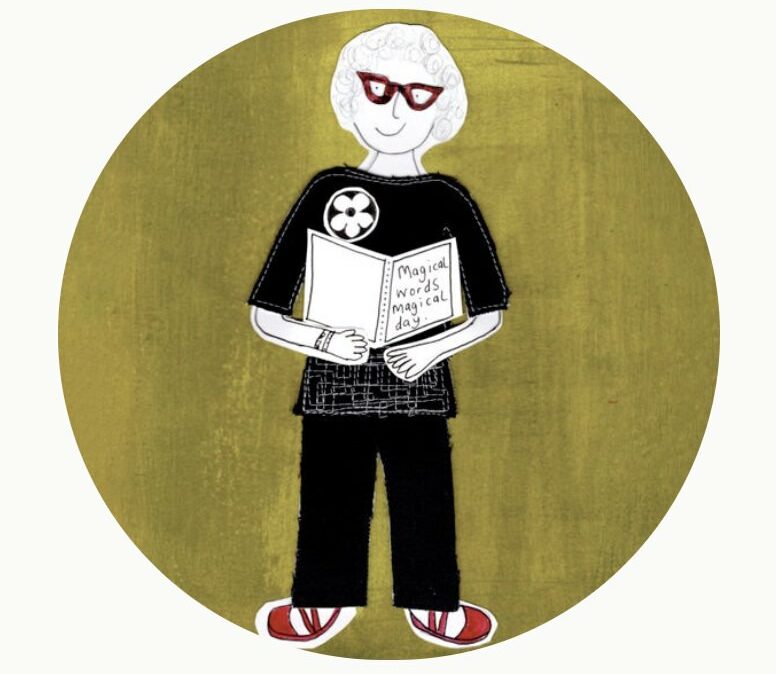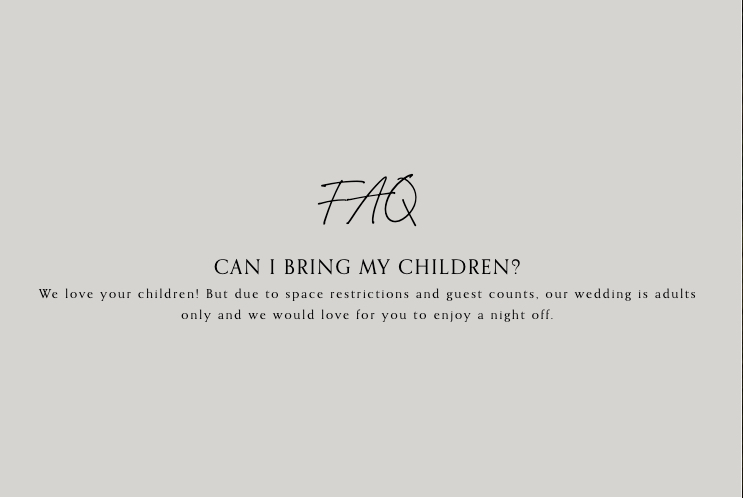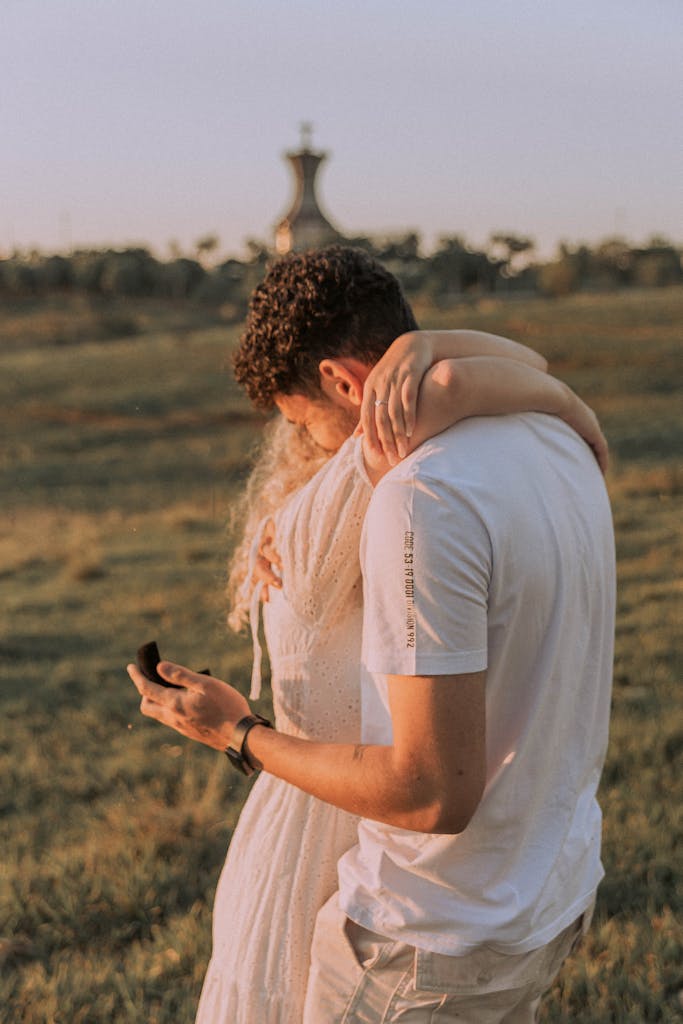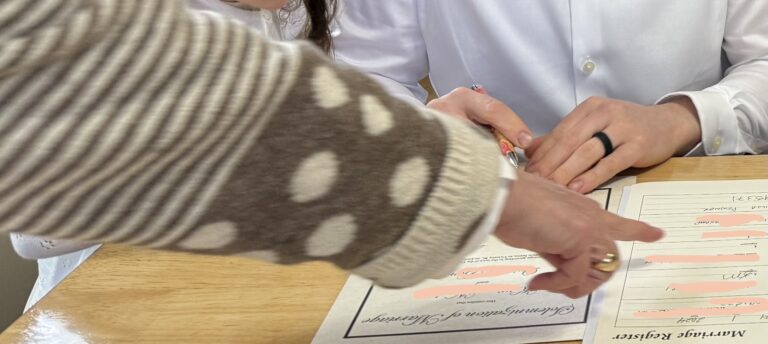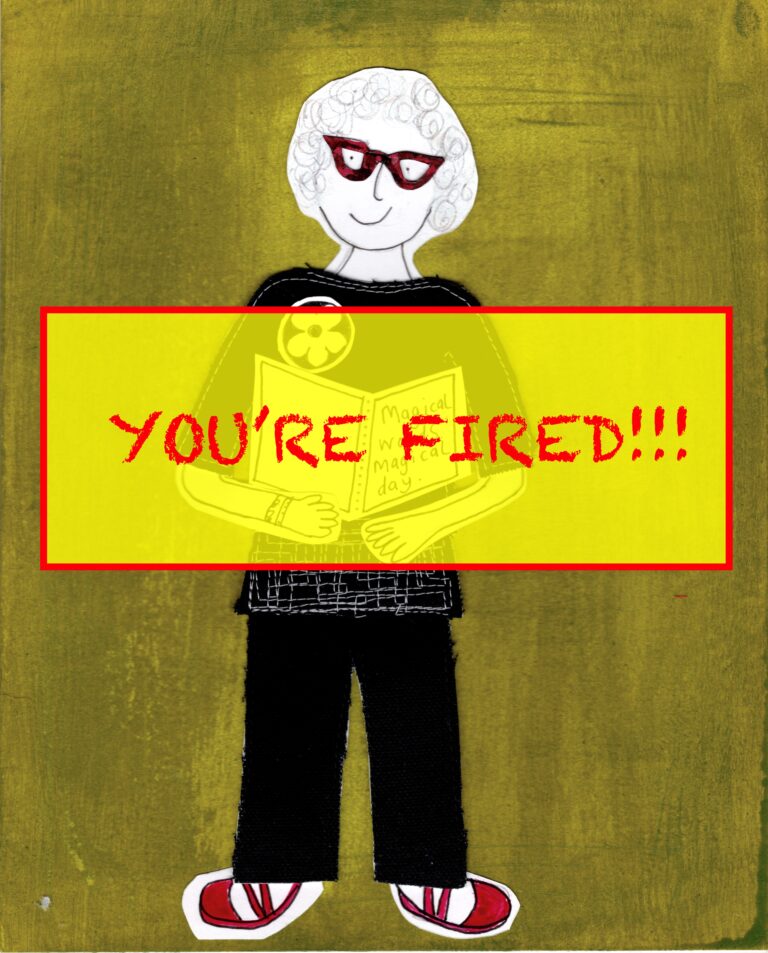This is an opinion piece. My thoughts, my perspective.
Wedding vows are not technically necessary in a wedding ceremony. The legal part is the Statement/Question of Intent which is asked by the licenced officiant in the ceremony, before at least two witnesses.
However, hearing couples speak their vows to each other is the heart part of the ceremony, and one of the main reasons people even go to a wedding ceremony. We gather to celebrate milestones; within the flow of any ceremony, there is always some kind of pinnacle – and in a wedding ceremony – it’s the vow portion.
It doesn’t matter what form the vows take.
#1. Vows can be the traditional “I, Sam, take you, Alex to be my ….”. Yes, yes, we’ve heard the words time and again, but when we hear someone we love saying them, the impact is tremendous. As a marrier, when you speak those words, their significance is powerful. The human mind is a magnificent organ that can run many screens of images at once, so, for example, when a marrier says “in sickness and in health,” I can almost see them picturing the time the other broke their leg and needed help with everything, or was so sick with Covid they could hardly breathe, or when they nearly choked from laughing while eating on that camping trip. All these things play on people’s faces and their hearts.
That’s the point of the public declaration. You’re saying “I’m here for all of it”. And you’re taking your guests along with you. When you invite folks to your wedding, it’s like you’re asking them to remind you about your vows when you feel overwhelmed, and like you’re asking them for their help to be able to fulfill your vows when it’s hard to do so.
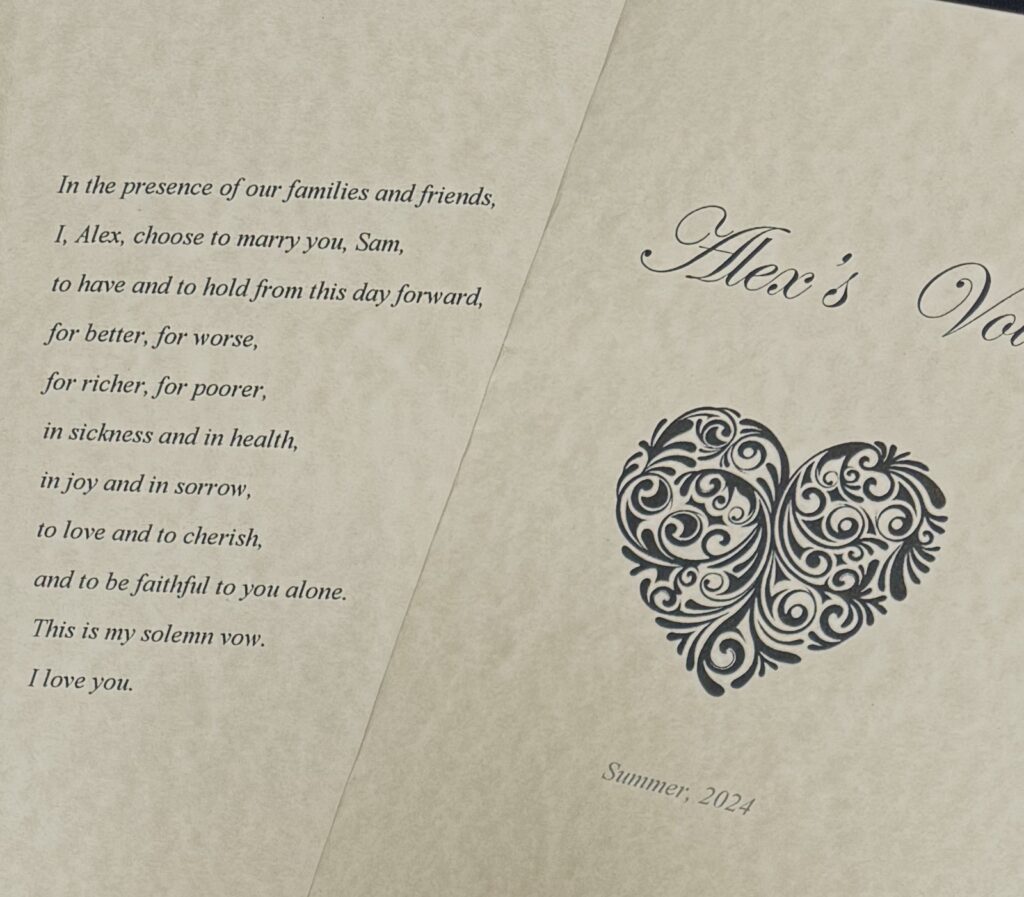
A further note about the tradtional vows – I don’t like to do the repeat after me style. I like to step out of the way and have the couple speak the vows to each other – well, read them, actually from a printout. It’s an intense moment – no one needs a supervisor for that.
#2. Vows can be written by the couple. These are called personal vows. There are a few components – tell the other why you love them, why you want to marry them, and what you are promising (avowing) in your marriage. These are usually very poignant and give the guests a peek into the deeply personal parts of the couple’s relationship.
Allow me to digress a little. Sometimes marriers get stuck with why they love the other and what they’ve written is more like a fan letter because there are no promises. Sometimes marriers say questionable things because they’re going for the laugh. That’s fine, but don’t make light of things that may ultimately grate on you in the years ahead – like always doing the laundry or cooking, always picking up their socks/tools/abandoned dishes, always watching their favourite sports program on TV with them.
I’m in the unique position of watching the guests as personal vows are spoken. The facial expressions speak volumes! Some listeners think it makes you sound like a martyr. Some get really impatient or even angry. Some think it’s absolutely hilarious.
Digression complete! Oh wait – say “I love you” in your personal vows, please! Oh wait – there’s one more thing. If you decide to say personal vows, then please SAY them. Let people hear you. If you say them sotto voce to your Beloved, that’s very sweet, but incredibly frustrating for guests. (“Well, that was just rude to whisper!” said one grandmother.) NOW, I’m done.
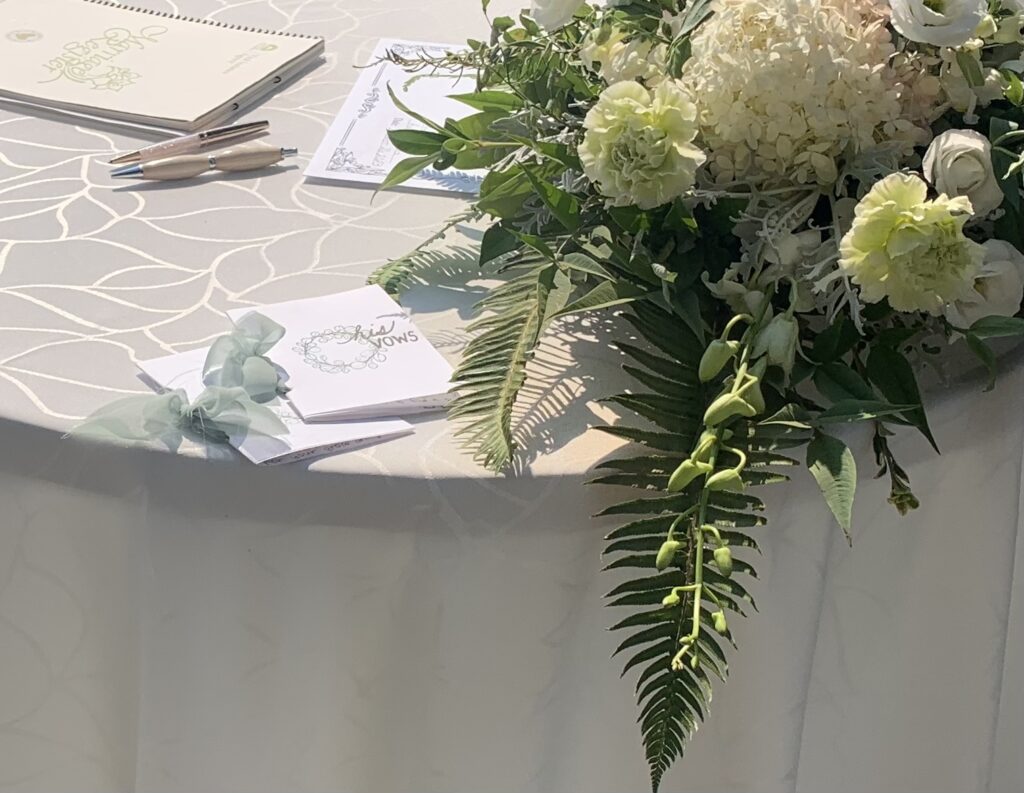
#3. Vows that take the form of a question posed by the officiant and answered by the couple saying “we do” or “we shall”. This is for the couple that is genuinely introverted and unable to speak in front of people. The couple’s input is required, though, as to the nature of the questions they are asking. Within those questions lie the keys to the couple’s relationship; that is very satisfactory to the guests, as they feel they have learned something deeply important to the couple.
Here’s an example: “Do you promise to support and respect each other’s intellectual pursuits and further education over the years, as a means of not only enhancing and enriching their own being, but to further their careers to be able to provide more opportunities for your partnership and your future family?” (Some people there had no idea they each had long-ranging career and education goals.)
#4. Vows can also be a hybrid of all the other types.
It is very disappointing to guests when a couple does not say vows. If you’re that shy or private, I’m hard-pressed to understand why you are even having a wedding. Elope. Have the party after.
As an officiant, I am mortified when a couple “declines” to say vows. I encourage them to at least say the traditional vows to each other. I print them up in a lovely little booklet and have the marriers read the words to each other. No marrier has ever said they regretted doing that.
If they refuse to give their guests that much, then I ask them to tell me exactly what they wish me to say to their guests as an explanation for why there are no vows. Sorry, I’m not writing those words because I am not going to accosted at the end of the ceremony by an irate relative for allowing the couple to “get away with not making promises.” Yes, that actually happened.
Once I was asked to write personal vows for a couple. What the f*ck were they thinking?!!!
(Yes, I have heard about officiants writing vows for couples and I can’t imagine anything less appropriate than that.)
